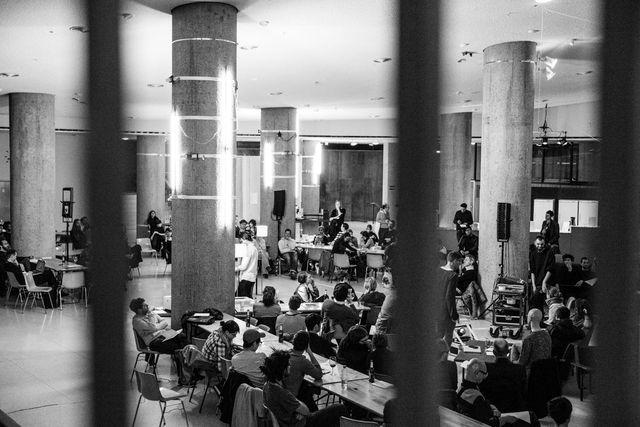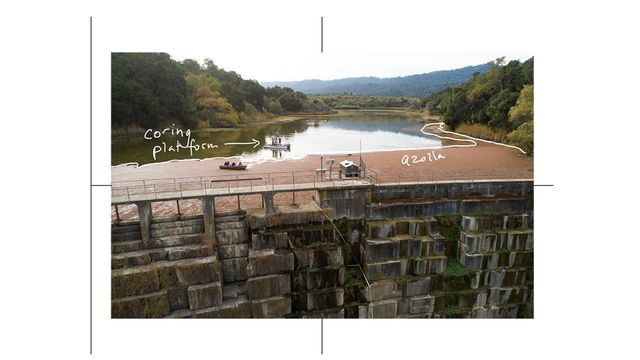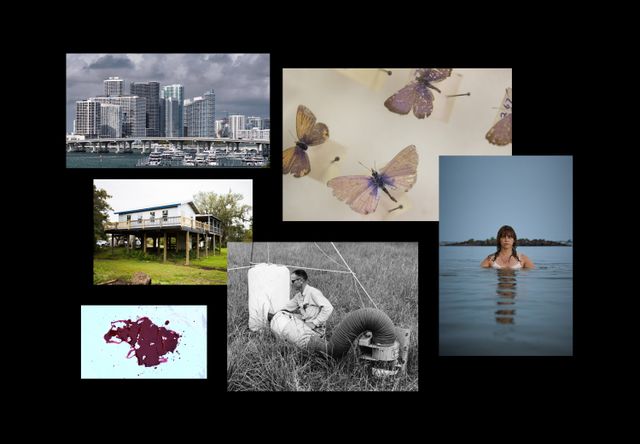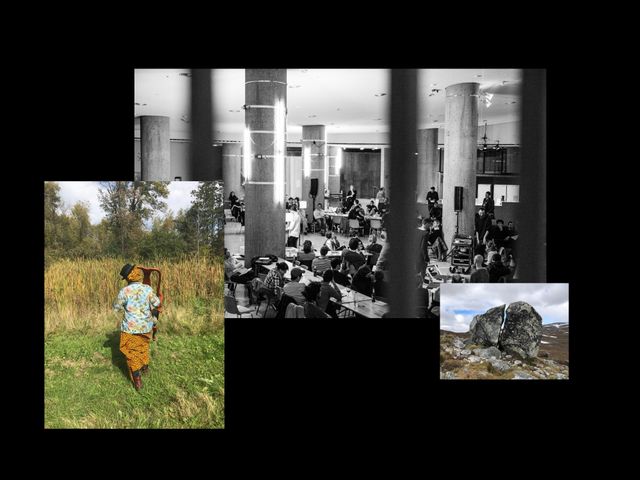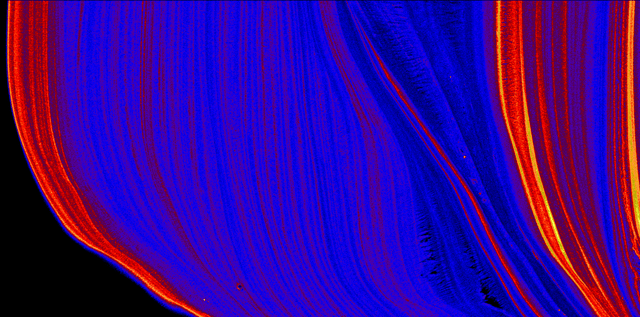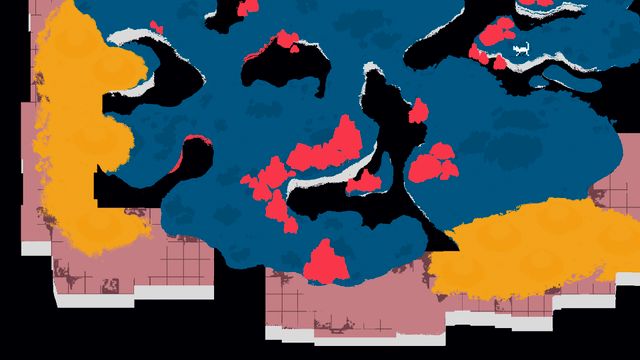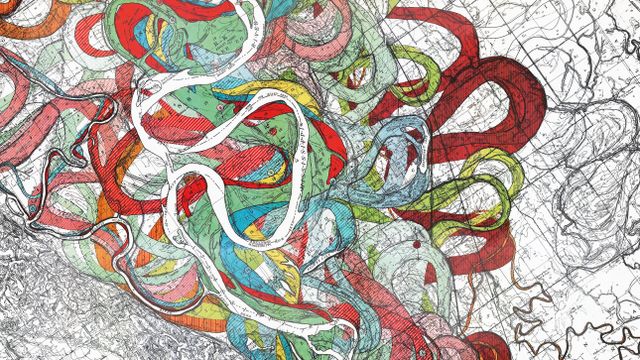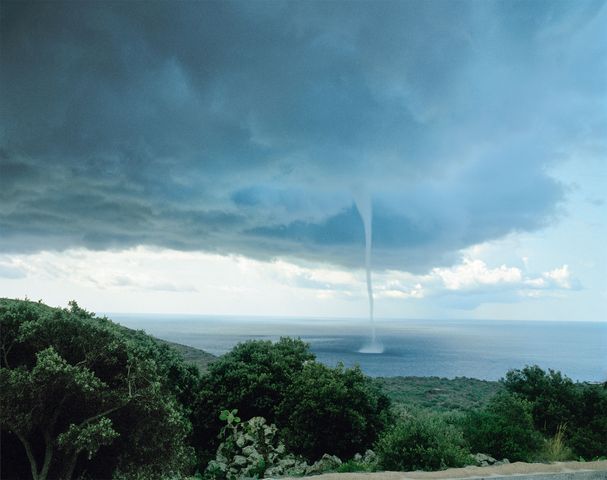2013–2022
Anthropocene Curriculum
Understanding and shaping the complex transformation processes of the Anthropocene requires a collaborative, transdisciplinary practice of knowledge production and transmission. New modes and methods of collaboration between science, art, and civic engagement need to be explored and implemented.
In collaboration with the Max Planck Institute for the History of Science in Berlin and other partners worldwide, HKW has been continuously developing an Anthropocene Curriculum, a steadily-growing corpus of experimental research, field studies, and educational and participatory formats.
The curriculum was first tested at HKW in the multi-day events Anthropocene Campus (2014) and Anthropocene Campus: The Technosphere Issue (2016). Subsequently, the campus format has been adopted and developed by a multitude of international project partners, each of which has its own priorities. Today, the AC network includes initiatives in Bengaluru (India), Cape Town (South Africa), Chicago (US), Daejeon (Korea), Lisbon (Portugal), Lyon (France), Melbourne (Australia), Porto Alegre (Brazil), Venice (Italy), along the Mississippi River (US), and many other places.
Between 2018 and 2019, the project Mississippi. An Anthropocene River explored the Mississippi as a landscape particularly poised for engaging with questions of the Anthropocene. In October 2020, The Shape of a Practice explored local approaches to the planetary transformation processes of the Anthropocene.
Throughout 2022, the multilayered project Evidence & Experiment attempted to decipher the material evidence of the Anthropocene in Earth's archives. In collaboration with the Anthropocene Working Group, the events Unearthing the Present and Where is the Planetary?, the installation Earth Indices, and the publication Anthropogenic Markers explored this evidence as waymarks for new planetary realities.
The central component of all Anthropocene Curriculum activities is the research platform anthropocene-curriculum.org, where a growing international network continuously developed, discussed, and documented its research projects. Since fall 2021, the editorial format of the AC Courses invited teachers, learners, theorists, and practitioners to curate pathways through existing material and to contribute new research. With their collectively-produced, multi-pathway approach, the AC Courses explore modes of learning in the Anthropocene that respond to its ongoing transformations.
By the end of 2022, the Anthropocene Curriculum will conclude as an archive and enter into a new phase as the Anthropocene Commons. The Anthropocene Commons is an emergent network of researchers, educators, activists, artists, and scientists dedicated to designing transformative pedagogies for collective action in the context of the planetary emergency.

